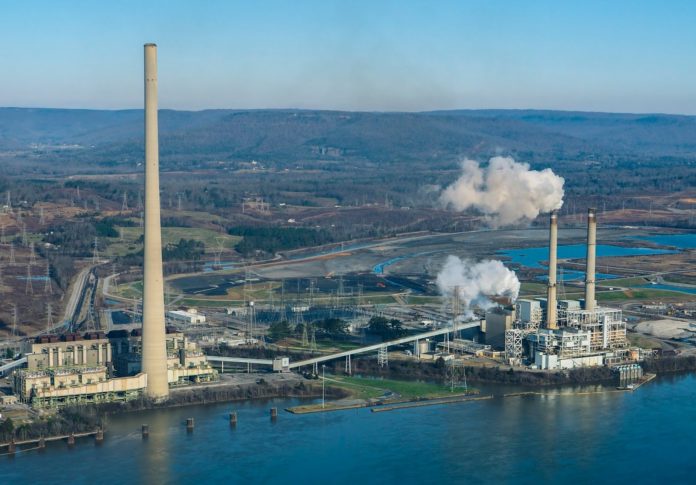A widespread electrical grid failure like the one that crippled Texas and left millions without power last week would be unlikely to occur in Arizona, even with a prolonged period of exceptionally hot weather, grid experts and utility officials say.
Unlike Texas utilities that have largely been walled off from the national electrical grid, Arizona power providers face stricter reliability standards and can import power from out of state if there isn’t enough locally, they said.
“The biggest difference between Texas and any other state in America … is we are all interconnected and Texas is not,” said Vijay Vittal, a Regents professor specializing in power systems engineering at Arizona State University. “So they can rely on no support from any of their neighbors.”
Utilities in the western U.S. and Canada and northern part of Baja California in Mexico routinely buy and sell electricity across state lines through the Western Electricity Coordinating Council.
Texas’s energy independence has been a source of pride. With vast oil and gas resources and a go-it-alone mantra, the energy grid serving most of the state does not connect with the vast power trading networks serving the rest of the country. That’s allowed Texas to remain exempt from federal energy regulations, bringing cheap power to residents and businesses but leaving the state vulnerable if demand skyrockets or local supplies freeze up, both of which happened last week.
Officials from Arizona Public Service and Salt River Project, Arizona’s two largest power providers, point to their successful management of summer 2020 as proof that they can handle extreme temperatures.
Last summer shattered a number of heat records: 14 days with temperatures at or above 115 degrees, doubling the prior record of seven; 53 days at 110 or above, up from an earlier record of 33; and 28 days when overnight lows were in the 90s, nearly double the prior record.
“We plan pretty darn well,” said Chris Hofmann, director of transmission and generation operations for SRP, which has about 1 million electrical customers, mostly in the Phoenix area. “I’m not going to say we never run out of options, but we’ve always got a path to where we can work with one of our neighbors, we can do whatever we need to kind of coordinate and make sure we don’t fall into that.”
During times of extreme demand, utilities occasionally ask customers to conserve or institute rolling blackouts, temporarily turning off the lights in specific areas. The problems in Texas last week went much farther, with extended blackouts over large areas as utilities were unable to produce enough power.
The extreme cold in Texas led to freezing at natural gas plants that weren’t hardened for such weather. The problem was compounded by frozen equipment at wells, limiting the gas supply extracted from the ground.
Because natural gas is produced locally in Texas, there is very little storage; pipelines deliver it promptly from the well to the power plants, Vittal said. But Arizona imports its gas, so the state has more storage capacity and isn’t as vulnerable to freezing equipment at wells.
One threat that has bedeviled Arizona is wildfires. A blaze in the Tonto National Forest last summer forced SRP to shut down a high-capacity transmission line, curtailing the available energy on a particularly hot day.
Prolonged heat can stress power lines and equipment, Vittal said.
New technology is also helping utilities control spiking demand. People with smart thermostats can opt into a program that allows the power company to raise the temperature on the thermostat to conserve energy. Arizona Public Service, which has about 17,000 customers in the program, activated it last summer, said Alan Bunnell, a spokesman for the company. APS also has agreements with large energy users that agree to cut back when the grid is stressed in exchange for lower rates.
Republished with the permission of the Associated Press.














